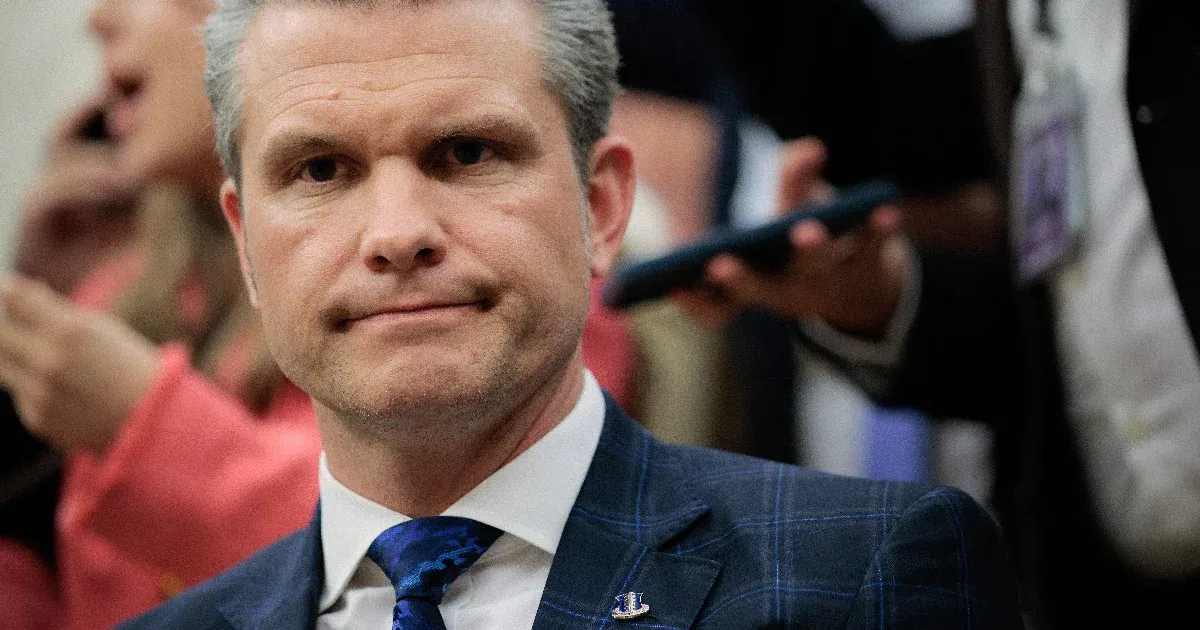In the fourth quarter of 2023, the Hungarian economy's capacity to finance abroad (calculated from above) was 0.5% of GDP. Thus, it can be said that the rapid improvement in the external balance that lasted for a year has stopped, which was also due to the decline in energy prices and the decline in demand for imports during the recession. The deterioration can already be observed in the last two quarters, as the financing capacity calculated from below (corrected for errors and omissions) became -1.6%.
The deterioration of the external balance cannot be attributed to the development of the balance of goods and services. Its balance (although it has become somewhat smaller) is still in large surplus, meaning that the impact of low energy prices and the recession still ensures a surplus.

However, the bad news in real economic operations is not the balance, but the evolution of business volume. Expenditure (import) shrinks by five quarters and income (export) by three quarters. This indicates a slowdown in economic activity, a decline in the speed of internal engines, and a weak state in external consumer markets.

The deterioration of external financing conditions is mainly due to the development of the so-called primary income balance. The deficit already stands at 2.5 billion euros. This line includes the incomes of employees and investors, as the deficit within it can be attributed to the deterioration of the income balance of direct capital investments.

Cover image source: Getty Images










































